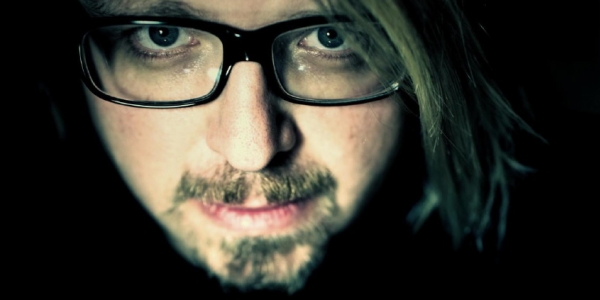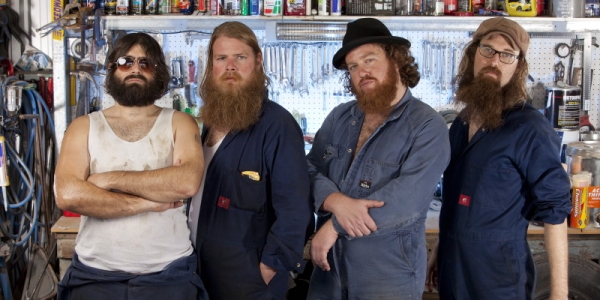Babicz has been involved music for more than two decades, and has gained a good deal of knowledge in that time, while constantly trying to improve and transform along the way. “At this point in my career, I feel like an advanced beginner!” he laughs.
Babicz moved to Germany from his native Poland in the early ‘90s, immersing himself in the burgeoning techno culture, and attending parties like the iconic Love Parade. He remembers a sense of freedom in the air at that time, and says that, since then, boundaries between electronic music styles have become more rigid and defined. He tries not to let new and current trends influence his own work, but as someone who plays in clubs every weekend, that can be impossible.
“I hear the DJ playing before me and the DJ playing after me,” he says, “so I hear a lot of new music. In addition to this, I’m a mastering engineer – I work for many different people and different labels, and so I can see trends as they start, I can hear people starting to copy certain sounds or follow certain rules.”
While he hears what’s going on in the world of electronic music, Babicz is determined to always try and find his own way. “I’m only human, so I take on influences, although I try not to as much as possible,” he says. “People always ask what kind of music I’m making, what style I’m working in – a few years ago, I decided that the only answer to that question is that I do Babicz Style. I think every musician should just do their own thing, and offer their own personal view.”
Babicz is adamant that, as an artist, he is not part of a machine, and does not need to confine himself to any one style. “I’ve always been an individual when it comes to music,” he continues. “I’ve released on many different labels under many different names, but I’ve never been part of a group. That might account for my way of thinking.”
May producers will slave away in the studio for weeks, working on new tracks, and then play them in DJ sets to gauge the crowd’s reaction. This is not the case for Babicz, who finds that to be a tedious way of working, and instead, plays everything live and in the moment. His show is built around an array of synths, and he improvises all the way through the show, constantly dreaming up and refining new ideas on the fly.
“I really like to just play along with the machines, with no idea of what’s going to happen,” he says. “It’s very immediate. As soon as I try something new, I can say ‘this was an interesting move’ or ‘this was totally wrong, I should never do this again!’ All the improvising gives me knowledge I can use during the week in the studio.”
Babicz refers to improvising as “the best music school” he could have asked for. It adds a spontaneous quality to his music, and makes him more decisive in the studio. “One of the biggest things it has taught me is the ability to make decisions in the moment,” he says. “When I’m working on a track, I don’t need to change a dozen bass lines around and mess with a bunch of different hi-hats – I know right away what works and what I want.” Indecisiveness, he says, is the biggest fault that many young producers have. “They’ll sit in the studio for months working on a track, and change little things here and little things there,” he says. “I would go mad if I had to sit on a track for such a long time. It would be impossible.”
Electronic gear can be very fragile, and Babicz is very conscious of the need to keep his synths in good working order when he tours the world. “Keyboards get damaged all the time!” he says. “That’s one of the reasons why I stopped carrying a lot of analogue gear in the past, but it was knocked around so many times that my technician told me, ‘If this gets damaged one more time, it’s going to get destroyed and I won’t be able to repair it’. I had to find new ways to do it. I’m very happy about the whole digital revolution, very much. We can do things now that were impossible on the stage, really complicated stuff. I just have two hands.”
Many producers get nostalgic for the good old days of analogue, but Babicz is defiantly not one of these, and embraces the possibilities of the digital revolution. “As a human, I’m always curious,” he says. “I want to move on and I want to learn. I try to use the best things from both worlds. There’s no difference for me – I either like things or I don’t like them.”
BY ALASDAIR DUNCAN

